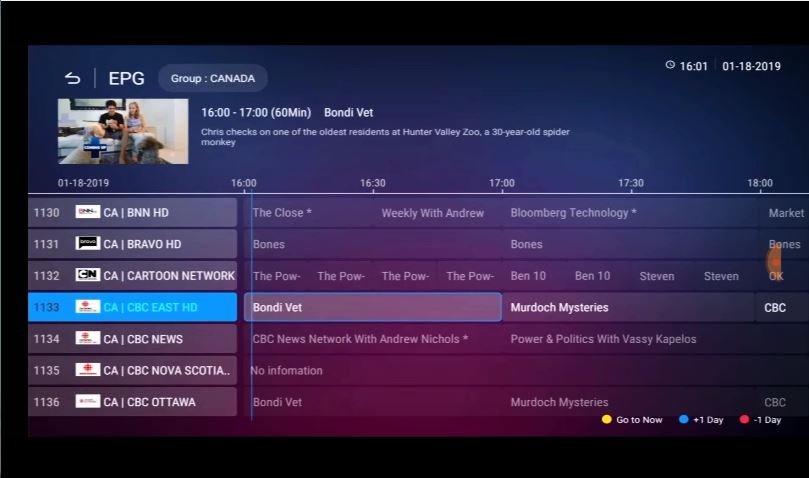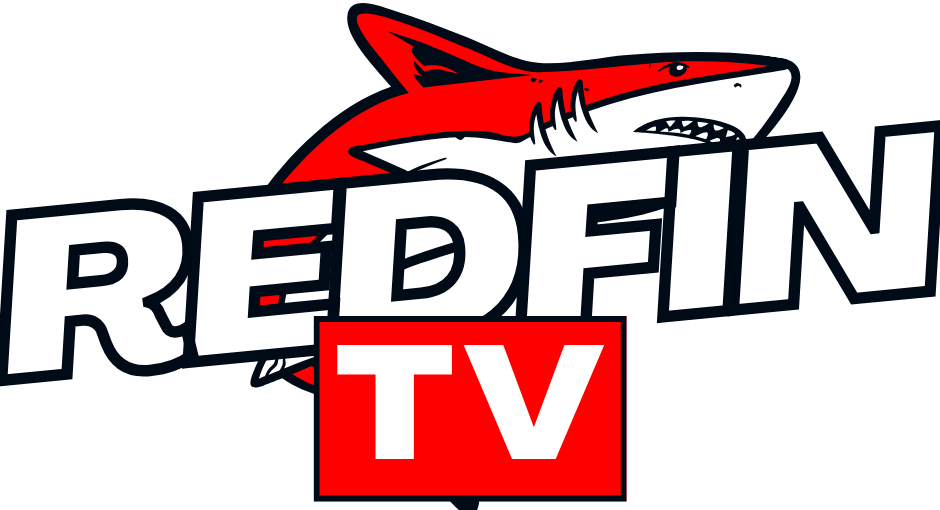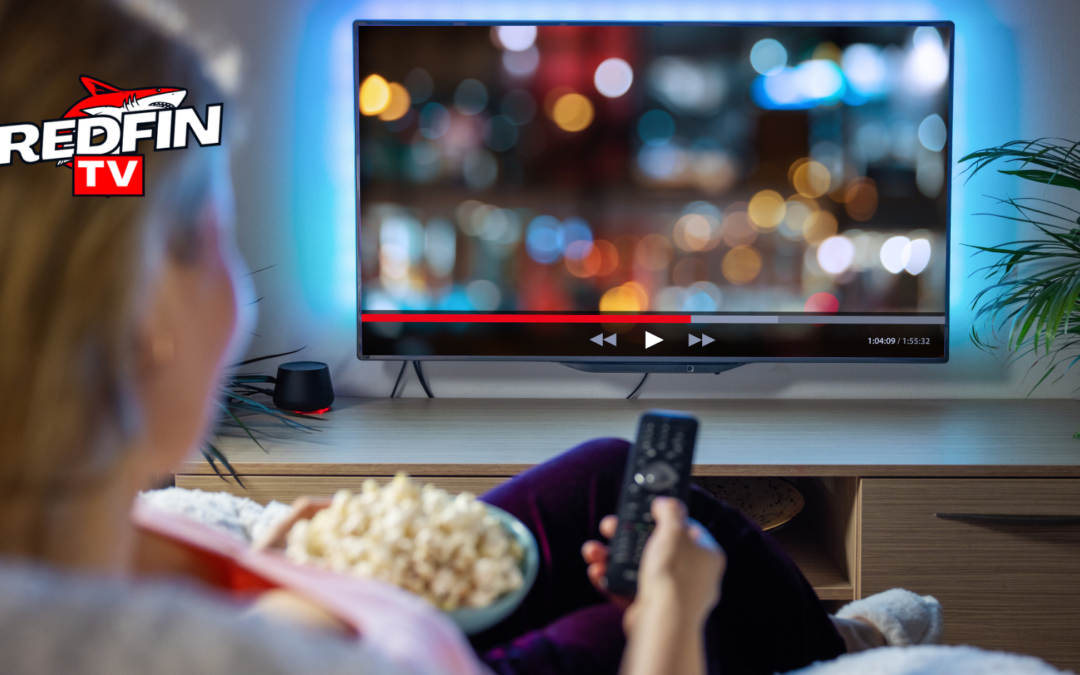In today’s digital age, when it comes to television entertainment, consumers are often faced with choices between IPTV vs traditional cable TV and the emerging technology of IPTV. While both offer access to a wide range of channels and programming, there are significant differences between the two. Understanding these disparities can help consumers make informed decisions about which option best suits their needs.
Introduction
What is IPTV?
IPTV, or Internet Protocol Television, delivers television content over the internet rather than through traditional terrestrial, satellite, or cable formats. It allows users to stream live TV channels and on-demand content directly to their devices via an internet connection. So what is the difference of IPTV vs cable TV.
What is Cable TV?
Cable TV, on the other hand, utilizes coaxial cables to deliver television signals to subscribers. It has been a staple of home entertainment for decades, offering a variety of channels through a cable box connected to the user’s television set.
Technology Behind IPTV and Cable TV
IPTV Technology
IPTV operates by transmitting television signals over internet protocol networks. It uses a dedicated IPTV set-top box or compatible device to decode and display the content on the user’s screen.
Cable TV Technology
Cable TV relies on a network of coaxial cables to transmit analog or digital signals to a user’s television set through a cable box or receiver.

Content Delivery
IPTV Content Delivery
IPTV offers content on an on-demand basis, allowing users to access their favorite shows and movies whenever they want. It also provides features such as time-shifting, where users can pause, rewind, or fast-forward live TV.
Cable TV Content Delivery
Cable TV typically follows a scheduled programming model, with channels broadcasting content at specific times. While some cable providers offer on-demand services, they may not be as extensive or flexible as IPTV offerings.
Channel Selection
IPTV Channel Selection
IPTV services often provide a vast array of channels from around the world, catering to diverse tastes and preferences. Users can choose from various subscription packages to access specific channels or content genres.
Cable TV Channel Selection
Cable TV packages vary depending on the provider and location. They typically offer a mix of local, national, and international channels, with options for premium channels and add-on packages.
Equipment Requirements
IPTV Equipment
To access IPTV services, users need an internet connection and a compatible device, such as a smart TV, streaming media player, or IPTV set-top box.
Cable TV Equipment
Cable TV subscribers require a cable box or receiver provided by their service provider, along with a coaxial cable connection to their television set.
Cost Comparison of IPTV vs Cable
IPTV Cost
IPTV services may offer competitive pricing compared to traditional cable TV providers, with options for monthly subscriptions or pay-as-you-go plans.
Cable TV Cost
Cable TV costs can vary widely depending on the provider, location, and package selected. It may include fees for equipment rental, installation, and additional services.
Installation Process
IPTV Installation
Installing IPTV typically involves connecting the compatible device to the internet and downloading the necessary apps or software to access the service.
Cable TV Installation
Cable TV installation requires a technician to visit the user’s home to set up the cable box, connect the coaxial cables, and activate the service.
Availability
IPTV Availability
IPTV is available in many regions worldwide, with accessibility primarily dependent on a reliable internet connection.
Cable TV Availability
Cable TV availability varies depending on the infrastructure and service providers in a particular area. Rural or remote locations may have limited access to cable TV services.
Picture Quality
IPTV Picture Quality
IPTV services can deliver high-definition and even 4K resolution content, provided the user has a stable internet connection with sufficient bandwidth.
Cable TV Picture Quality
Cable TV offers consistent picture quality, often in standard or high definition, but may not support higher resolutions like IPTV.
Interactivity
IPTV Interactivity
IPTV platforms often include interactive features such as on-screen menus, program guides, and integrated applications for accessing additional content or services.
Cable TV Interactivity
Cable TV typically has limited interactivity, with basic features such as channel surfing and program listings.
Customer Support
IPTV Customer Support
IPTV providers offer customer support through various channels, including phone, email, and online chat, to assist users with technical issues or account inquiries.
Cable TV Customer Support
Cable TV companies provide customer support through similar channels, with dedicated service representatives available to address subscriber concerns.
Mobility and Portability
IPTV Mobility and Portability
IPTV services allow users to access content from anywhere with an internet connection, making it ideal for mobile viewing on smartphones, tablets, or laptops.
Cable TV Mobility and Portability
Cable TV is limited to viewing on a television set connected to the cable box, restricting mobility and portability compared to IPTV.
Content Variety of IPTV vs Cable
IPTV Content Variety
IPTV offers a wide range of content options, including live TV channels, on-demand movies, series, documentaries, and specialty programming.
Cable TV Content Variety
Cable TV provides access to a diverse selection of channels and programming, including news, sports, entertainment, and lifestyle content.
Future Trends
IPTV Future Trends
The future of IPTV may involve advancements in streaming technology, enhanced interactivity, personalized content recommendations, and integration with emerging digital platforms.
Cable TV Future Trends
Cable TV providers are adapting to changing consumer preferences by offering internet-based streaming options, on-demand services, and partnerships with content providers.
Conclusion
In conclusion, the choice between IPTV vs cable TV ultimately depends on individual preferences, budget, and viewing habits. While IPTV offers flexibility, interactivity, and content variety, cable TV provides reliability, picture quality, and established infrastructure. Consumers should consider factors such as cost, equipment requirements, and available features when making their decision.
FAQs
- Is IPTV cheaper than cable TV?
- The cost of IPTV and cable TV varies depending on the provider and package selected. IPTV may offer competitive pricing, but it’s essential to compare options to find the best value.
- Can I watch live sports on IPTV?
- Many IPTV services offer live sports channels and coverage, including major leagues and events. However, availability may vary depending on licensing agreements and regional restrictions.
- Do I need a high-speed internet connection for IPTV?
- A stable internet connection with sufficient bandwidth is recommended for optimal IPTV viewing, especially for high-definition or 4K content.
- Can I record shows with IPTV like I can with cable TV?
- Some IPTV services offer DVR functionality, allowing users to record and playback shows at their convenience. However, features may vary depending on the provider and subscription package.
- Is cable TV becoming obsolete with the rise of IPTV?
- While IPTV is gaining popularity due to its flexibility and convenience, cable TV still has a significant presence in the market. The future may see a shift towards internet-based television services, but cable TV continues to serve millions of households worldwide.

